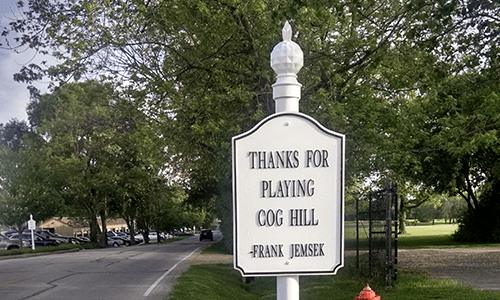On July 1, 2016, the Condominium and Common Interest Community Ombudsperson Act will go into effect. The Act establishes the Office of the Condominium and Common Interest Community Ombudsperson. This regulatory Office is designed to educate and assist condominium and common interest community owners and managers about the Condominium Property Act and the Common Interest Community Association Act. The Act also tasks the Office with responsibilities including association registration, legislative reform, unit owner complaint resolution, and enforcement. Notably, complaints can’t be filed by unit owners until July 1, 2019 and the law will be automatically repealed July 1, 2021. That said, unit owners and associations will need to be aware of this currently limited life legislation and its effect on their community.
Here are some of the highlights of the Ombudsperson Act.
By January 1, 2017, associations must adopt a written policy for resolving complaints made by unit owners. The policy must include a sample form upon which owners can make complaints, a description of the process by which complaints are to be delivered to the association, the association’s timeline and manner of making final determinations in response to a unit owner’s complaints, and requirement that the final determination made by the association response to a unit owner’s complaint be in writing, within a reasonable time after the unit owner’s original complaint, and marked clearly conspicuously as “final.”
On or before July 1, 2018, the Ombudsperson, to be appointed by the Illinois Department of Professional Regulation, must offer training, educational materials, and courses to unit owners, associations, boards of managers, boards of directors in subjects relevant to the operation or management of condominiums and common interest communities and the condominium property act and the common interest community association act
Beginning July 1, 2019, qualifying unit owners may make complaints to the Ombudsperson for assistance in resolving a dispute between a unit owner and an association that involves a violation of the Condominium Property Act or the Common Interest Community Association Act. Notably, the Ombudsperson may not accept requests for resolutions of disputes with community association managers, or of disputes for which there is a pending complaint in any court or administrative tribunal.
In order for a unit owner to make a complaint, they must meet various qualifications, including that they must not owe any funds to the association (unless those funds are central to the dispute), the dispute must have occurred within the past two calendar years, the owner must have followed the complaint procedure within their own association, and the owner received a final adverse decision within their own association. The requirements of what must accompany the complaint are also outlined.
Every association is required to register with the Department of Financial and Professional Regulation. A registration is effective for two years, and the initial registration for an association existing on July 1, 2016 is due within one year, or at such later time as the Department has adopted rules and forms for registration. Newly created associations required to register with the Department must register no later than 90 days after the association has assumed control of a property.
If an association fails to initially register as provided in the Ombudsperson Act, or fails to timely renew its registration, the Department of Financial and Professional Regulation may impose a late charge or late fee against the association. More importantly, if an association fails to properly register within two years after the effective date of the Ombudsperson Act, or fails to renew its registration on three or more occasions, the association is ineligible to impose or enforce a lien for common expenses or to pursue any action or employ any enforcement mechanism otherwise available to it in enforcement of a lien for common expenses until it is validly registered pursuant to the Ombudsperson Act. So registration will be imperative.
Do note that common interest community associations that are exempt from the Common Interest Community Association Act are also exempt from the Ombudsperson Act.
As noted above, the Ombudsperson may not accept requests for resolution of disputes with community association managers. Those disputes would have to be addressed through the Community Association Manager Licensing and Disciplinary Act. Property managers will likely find themselves administering complaints received by the associations from owners and shepherding the complaints through the association’s resolution process that the board is required to establish.
Note that there is legislation, that has passed both legislative chambers, that provide that the Ombudsperson Act would be effective January 1, 2017 (instead of July 1, 2016), and that it would be repealed on July 1, 2022 (instead of July 1, 2021). It currently awaits the Governor’s signature though.
Please refer to the latest legislation for updates on dates and deadlines.








